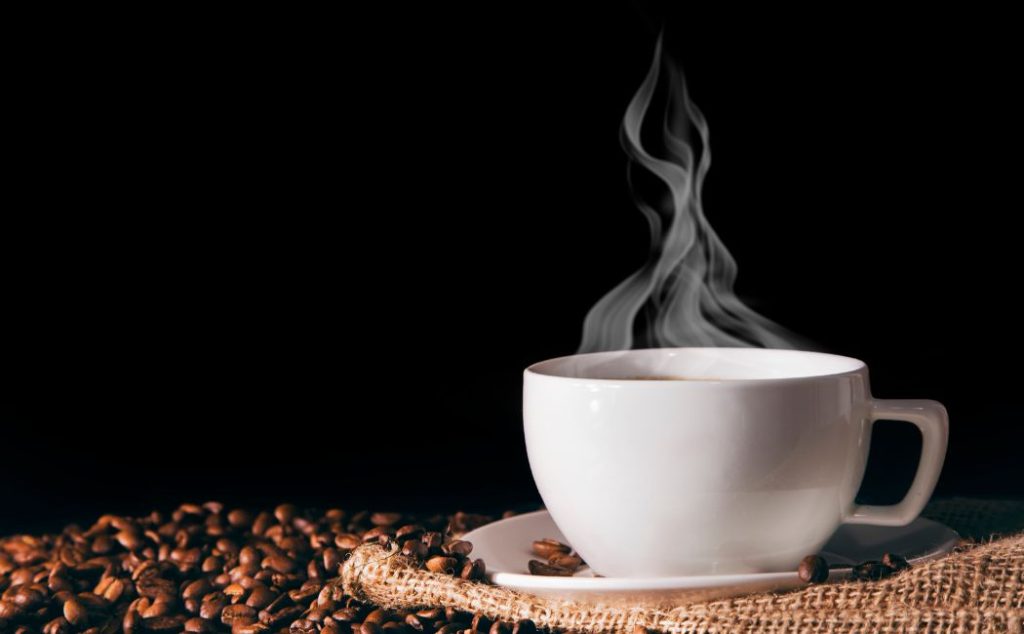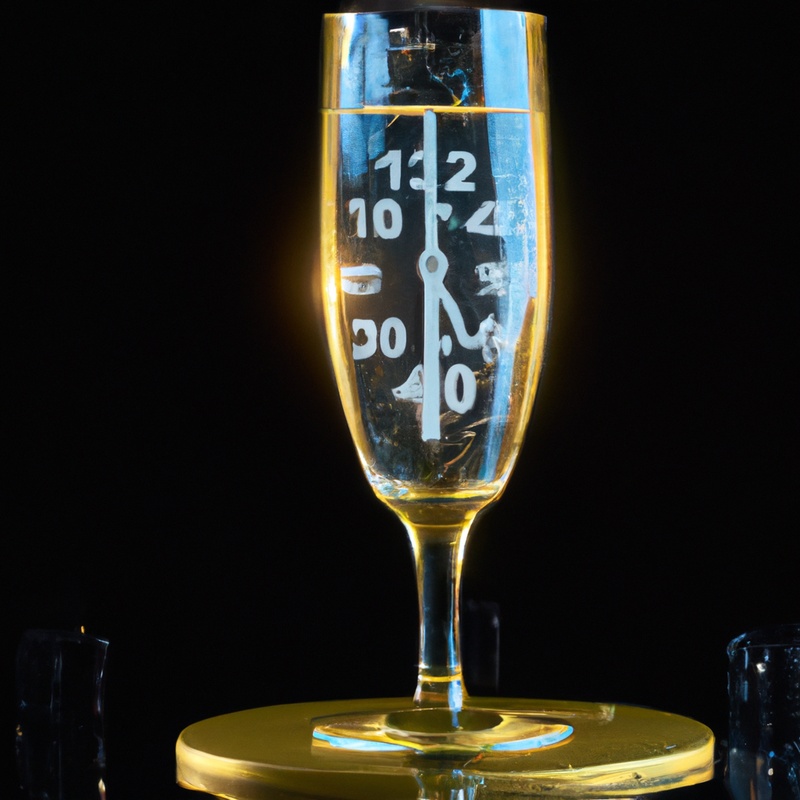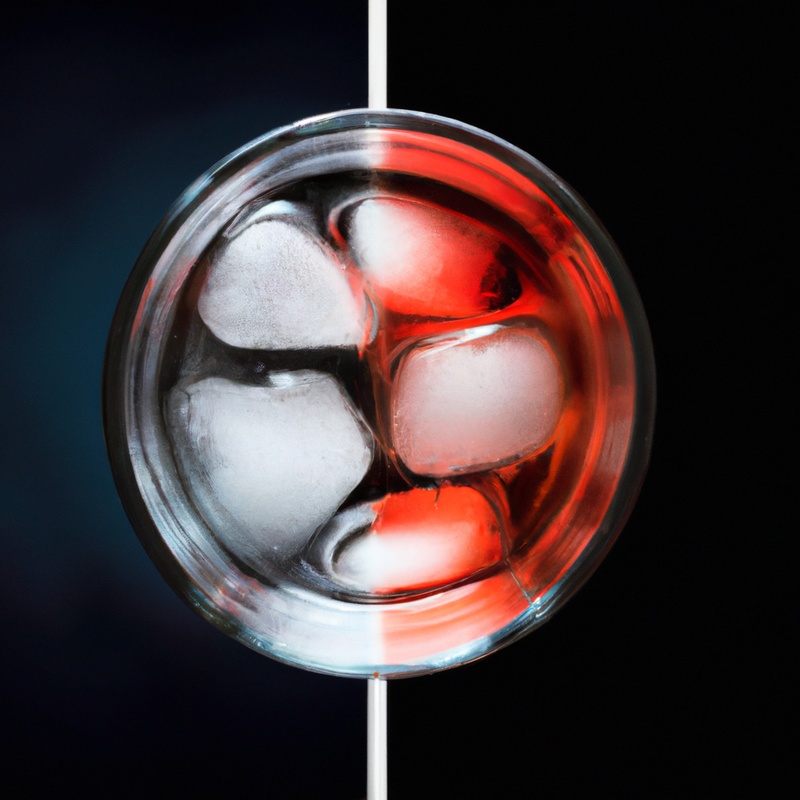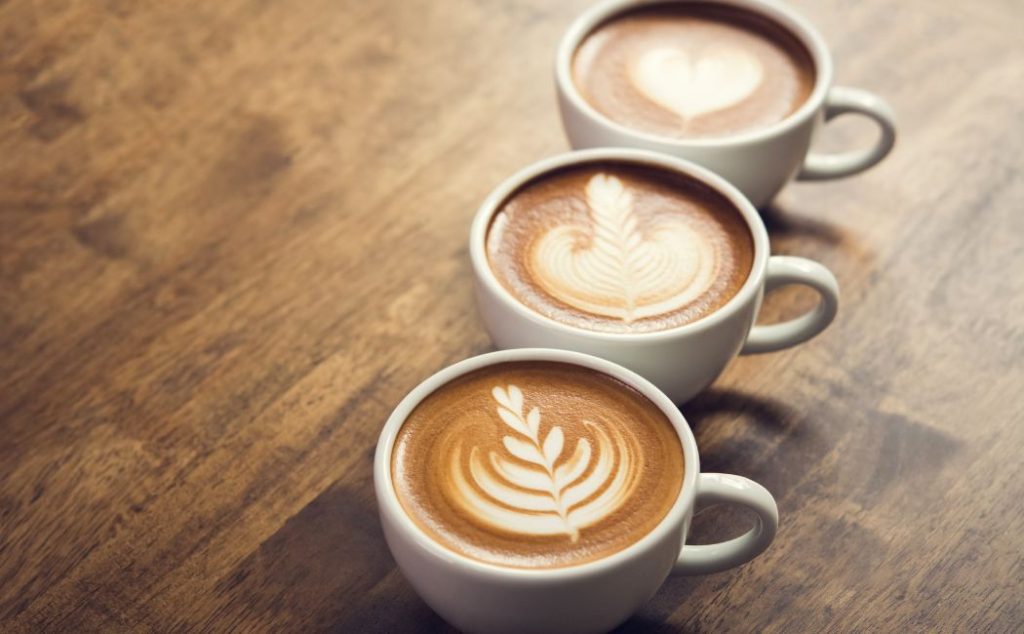Key Takeaways:
- The ideal temperature for brewing coffee is between 195°F and 205°F (90°C – 96°C).
- Water that is too hot or too cold can negatively impact the taste and quality of your brewed coffee.
- Brewing coffee at the right temperature helps to extract optimal flavors and aromas from the coffee grounds.
- Investing in a good quality coffee maker with temperature control can greatly improve your brewing experience.
Do you ever wonder why some cups of coffee taste better than others? Well, the secret might just lie in the temperature at which your coffee brews.
It turns out that the brewing temperature plays a crucial role in unleashing the flavors and aromas locked within those coffee grounds.
In this article, we’ll take a deep dive into the science behind coffee brewing temperature and why it matters so much. We’ll also explore the ideal temperature range for brewing coffee, factors that influence it, and how you can achieve the perfect brewing temperature at home.
So grab your favorite mug and let’s get started!
| Method | Temperature Range (°F) |
| French Press | 195-205 |
| Espresso | 190-196 |
| Pour Over | 195-205 |
| Aeropress | 175-205 |
| Drip Coffee Maker | 195-205 |
The Science Behind Coffee Brewing Temperature
Understanding the science behind coffee brewing temperature is essential for achieving the perfect cup of coffee.
Why Does Brewing Temperature Matter?
Brewing temperature matters because it directly affects the flavor and extraction of coffee.
When the water is too hot, it can result in a bitter taste, while water that is too cool may result in a weak, under-extracted brew.
The ideal brewing temperature for most coffee is between 195-205°F (90-96°C).
Adjusting the temperature can fine-tune the taste and ensure you get the best possible cup of coffee.
It’s important to note that different coffee beans may require slight temperature adjustments for optimal flavor extraction.

Ideal Temperature Range for Brewing Coffee
The ideal temperature range for brewing coffee is between 195°F and 205°F (90°C and 96°C). This temperature range allows for optimal extraction of flavors from the coffee grounds, resulting in a well-balanced and flavorful cup of coffee.
Brewing at lower temperatures can lead to under-extraction, resulting in a weak and sour-tasting brew.
On the other hand, brewing at higher temperatures can lead to over-extraction, resulting in a bitter and burnt taste. Adjusting the temperature within this range can help you achieve the perfect cup of coffee.
Factors That Influence Brewing Temperature
The main factors that influence the brewing temperature of coffee are the type of brewing method, the grind size, and the water-to-coffee ratio.
Each brewing method has its ideal temperature range, with pour-over methods requiring higher temperatures and cold brew methods requiring lower temperatures.
The grind size also affects the brewing temperature, as finer grinds tend to extract more quickly at lower temperatures.
Finally, the water-to-coffee ratio plays a role, with higher ratios requiring higher temperatures to achieve proper extraction.
Tips for Getting the Right Brewing Temperature at Home
Getting the right brewing temperature is key to making a delicious cup of coffee at home.
Here are some tips to help you achieve that perfect temperature:
- Start with freshly boiled water: Use water that has just been boiled to ensure it is at the ideal temperature for brewing.
- Use a thermometer: Invest in a good quality thermometer to accurately measure the temperature of the water. Aim for a range of 195°F to 205°F (90°C to 96°C for most brewing methods.
- Preheat your equipment: Prior to brewing, heat up your equipment (such as your coffee maker or French press by rinsing it with hot water. This helps to maintain the brewing temperature throughout the process.
- Adjust the temperature: If your coffee tastes burnt or overly bitter, the water temperature may be too high. On the other hand, if it tastes weak or under-extracted, the water temperature may be too low. Experiment with slight adjustments to find the right temperature for your taste preferences.
- Time it right: Remember that different brewing methods may require slight variations in temperature. For example, pour-over methods may benefit from slightly cooler water, while espresso machines typically require higher temperatures.

How to Measure Brewing Temperature
To measure brewing temperature accurately, there are different methods and tools available.
Importance of Accurate Temperature Measurement
Accurate temperature measurement is essential for brewing coffee because it directly affects the flavor and quality of the final cup.
By measuring the temperature accurately, you can ensure that the coffee is not under-extracted or over-extracted.
It allows you to adjust your brewing method accordingly and achieve the desired taste.
Without accurate temperature measurement, you may end up with a bitter or weak cup of coffee.
So, invest in a reliable thermometer or use a coffee maker with precise temperature control to brew your coffee to perfection.

Different Methods to Check Brewing Temperature
To check the brewing temperature of your coffee, you have a few different methods at your disposal:
- Thermometer: Use a food-grade thermometer to directly measure the temperature of your water or coffee. Simply insert the thermometer into the liquid to get an accurate reading.
- Built-in thermometer: Some coffee makers have a built-in thermometer that displays the brewing temperature. Look for this feature when purchasing a new coffee maker.
- Temperature strips: These adhesive strips can be applied to your coffee pot or kettle. They change color to indicate the temperature of the liquid, giving you a quick and easy way to check the brewing temperature.
- Barista tools: If you’re a serious coffee enthusiast, investing in barista tools like a digital temperature controller or a temperature-profiling espresso machine can give you more precise control over the brewing temperature.
Choose the method that suits your preferences and equipment, and you’ll be able to ensure that your coffee brews at the perfect temperature for optimal flavor.
Recommended Tools for Temperature Measurement
To measure brewing temperature accurately, you’ll need a few essential tools:
- Thermometer: A digital thermometer is perfect for measuring the water temperature during brewing. Look for one with a long probe to reach into the water without getting too close to the hot surface.
- Infrared thermometer: This non-contact thermometer is great for measuring the temperature of your coffee equipment, such as the brewer or espresso machine. It’s quick and convenient to use.
- Temperature probe: A temperature probe can give you precise readings of the water temperature inside your coffee maker or kettle. It’s a handy tool for those who want to be more precise in their brewing process.
- Brew control system: If you want to take your temperature measurements to the next level, a brew control system with integrated temperature sensors can provide accurate readings and even help you regulate the brewing temperature.
Remember, having the right tools is essential for achieving that perfect cup of coffee.
Effects of Incorrect Brewing Temperature
Incorrect brewing temperature can lead to under-extracted or over-extracted coffee, resulting in a negative impact on taste and flavor profile.
Under-Extracted Coffee: Too Low Temperature
Under-extracted coffee happens when the brewing temperature is too low.
This results in a weak and watery flavor that lacks complexity.
To avoid this, ensure that your water temperature is between 195°F (90.5°C) and 205°F (96°C) when brewing coffee.
This will help to extract the full range of flavors and aromas from your coffee grounds, giving you a satisfying and flavorful cup of joe.
Over-Extracted Coffee: Too High Temperature
Over-extracted coffee occurs when the brewing temperature is too high. This can result in a bitter, harsh taste that overshadows the natural flavors of the coffee beans.
It’s important to brew coffee at the optimal temperature to ensure a balanced and enjoyable flavor profile.
When the temperature is too high, the coffee grounds can release undesirable compounds, leading to a less than ideal cup of coffee. To avoid this, it’s recommended to brew coffee between 195°F and 205°F for the best results.
Impact on Taste and Flavor Profile
The brewing temperature of coffee has a significant impact on its taste and flavor profile.
When coffee is brewed at a lower temperature, it tends to have a more acidic and sour taste.
On the other hand, brewing at a higher temperature can result in a bitter taste.
The ideal temperature for brewing coffee is between 195 to 205°F (90 to 96°C), as it helps to extract the optimal balance of flavors and aromas.
Brewing coffee at the right temperature will enhance its overall taste, bringing out the desired characteristics of the beans.
Popular Brewing Techniques and Their Ideal Temperatures
Each brewing technique has its own ideal temperature for achieving the best flavor in your coffee.
Drip Brewing: Optimal Temperature Range
The optimal temperature range for drip brewing coffee is between 195°F and 205°F (90°C to 96°C).
This temperature range allows for proper extraction and flavors to be extracted from the coffee grounds.
Make sure to use a high-quality thermometer to ensure accuracy.
Experimenting with different temperatures within this range can help you find the perfect balance for your preferred taste.
Additionally, preheating your brewing equipment can also contribute to maintaining the ideal temperature during the extraction process.
French Press: Recommended Temperature
For a French press, the recommended brewing temperature is around 195 to 205 degrees Fahrenheit (90 to 96 degrees Celsius).
This temperature range allows for optimal extraction of flavors from the coffee grounds, resulting in a rich and flavorful cup of coffee.
Remember to preheat your French press before brewing to help maintain the desired temperature.
Adjusting the water temperature can have a significant impact on the taste of your coffee, so experimenting with different temperatures may help you find your perfect brew.
Cold Brew: Brewing Time vs. Temperature
When it comes to cold brew coffee, the brewing time and temperature play a key role in achieving the perfect flavor. By adjusting the brewing time and temperature, you can control the strength and taste of your cold brew.
Generally, a longer brewing time between 12 to 24 hours at room temperature, or a shorter brewing time of 2 to 4 hours in the refrigerator, is recommended for optimal extraction.
Experimentation with different brewing times and temperatures will help you find your preferred balance of flavors.
Frequently Asked Questions (FAQs)
What is the ideal temperature for brewing coffee?
The ideal temperature for brewing coffee is between 195°F and 205°F (90°C to 96°C).
This temperature range allows for optimal extraction of flavors from the coffee beans without over or under-extracting.
Brewing at higher temperatures can lead to a bitter taste, while lower temperatures may result in a weak and underwhelming cup.
It’s important to note that water temperature can vary depending on the brewing method and personal preference.
Experimenting with different temperatures can help you find the perfect balance for your taste buds.
Can I use boiling water for coffee brewing?
Yes, you can use boiling water for coffee brewing. In fact, using water that is around 195-205°F (90-96°C) is recommended for optimal extraction.
Boiling water helps to extract the flavors and compounds from the coffee grounds more effectively.
Just make sure that the water has cooled slightly for a few seconds after boiling to avoid scorching the coffee grounds, which can result in a bitter taste.
How does water temperature affect the taste of coffee?
The water temperature you use when brewing coffee can have a significant impact on its taste.
Generally, hotter water extracts more flavor from the coffee grounds, resulting in a stronger and more robust cup of coffee.
On the other hand, cooler water may produce a milder and less intense flavor profile.
Finding the right balance of temperature is key to achieving the desired taste.
Experiment with different water temperatures to discover your preferred flavor profile.
Does brew time affect the brewing temperature?
Yes, brew time does affect the brewing temperature. The longer you brew your coffee, the higher the temperature may become, especially if you’re using a traditional brewing method like a French press.
This is because as the coffee grounds steep in hot water for a longer duration, they continue to extract more flavor and compounds, which can lead to a rise in temperature.
So, keep in mind that extending the brew time might result in a hotter cup of coffee.
Final Verdict
The temperature at which coffee is brewed plays a crucial role in determining its flavor and taste. The ideal temperature range for brewing coffee is between 195°F and 205°F.
Factors such as grind size, brewing method, and water quality can influence the brewing temperature.
Accurate temperature measurement is important for consistent results, and different tools can be used for this purpose. Incorrect brewing temperatures can result in under-extraction or over-extraction, affecting the taste and flavor profile of the coffee.
Popular brewing techniques have their own recommended temperature ranges.
Overall, understanding and controlling the brewing temperature is key to achieving a delicious cup of coffee. So, pay attention to the temperature and enjoy the perfect brew every time!
